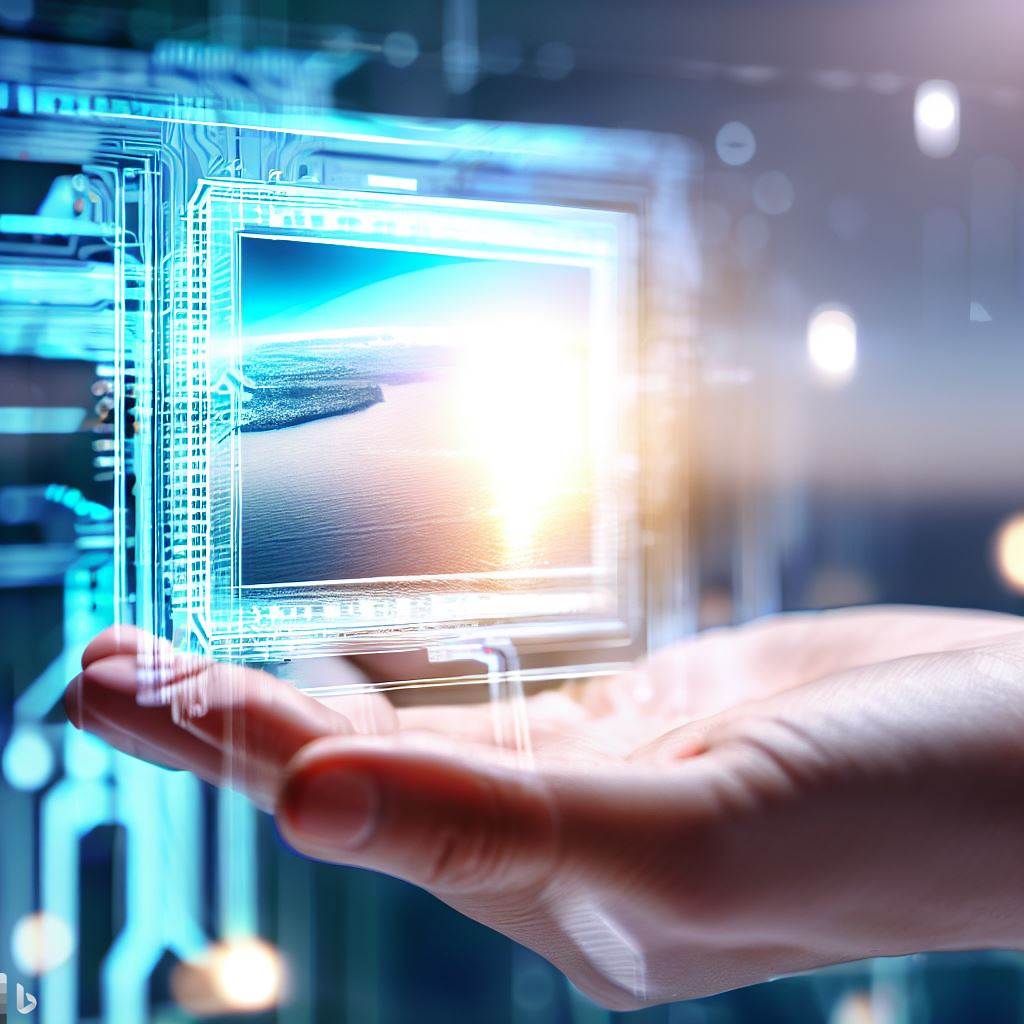
Information Technology (IT) is an ever-evolving field, continuously adapting to the changing demands of society and innovations in technology. As we venture further into the 21st century, several trends and shifts are poised to shape the future of IT:
1. Quantum Computing:
- Quantum computers use principles of quantum mechanics to perform calculations at speeds unattainable by classical computers. They hold the promise of revolutionizing industries from healthcare to finance by solving complex problems in seconds.
2. Edge Computing:
- Moving away from centralized data centers, edge computing processes data closer to where it’s generated, such as IoT devices. This can reduce latency and improve speed, particularly essential for real-time applications.
3. AI and Automation:
- The integration of AI across services and products will continue, leading to better predictive analytics, improved user experiences, and greater automation in tasks ranging from data analysis to customer service.
4. Augmented Reality (AR) and Virtual Reality (VR):
- AR and VR will reshape industries, from gaming and entertainment to healthcare and education. These technologies will demand a new IT infrastructure for development, deployment, and support.
5. Cybersecurity Evolution:
- As cyber threats become more sophisticated, cybersecurity will pivot from reactive to proactive stances, utilizing AI and machine learning for real-time threat detection and response.
6. 5G and Beyond:
- Faster wireless communication will change how we consume content, manage smart cities, and implement IoT. It will also push IT to handle more data volume and velocity.
7. Decentralized Technologies:
- Blockchain and other decentralized technologies could redefine transactions, data management, and even digital identity, offering increased transparency and security.
8. IT as a Service (ITaaS):
- Organizations will move towards consuming IT services as they would utilities. This approach will allow businesses to be more agile, scaling IT resources as needed.
9. Sustainable Computing:
- There will be a push towards more energy-efficient data centers, eco-friendly hardware, and software optimized for sustainability.
10. Continuous Learning and Adaptation:
- As technology evolves rapidly, professionals in IT will need to continuously update their skills. Lifelong learning will become integral to IT careers.
11. Human-AI Collaboration:
- The future of IT won’t be about machines replacing humans but machines augmenting human capabilities, leading to new collaborative models between man and machine.
12. Digital Twins:
- Digital replicas of physical entities, from products to entire cities, will be used for simulation, analysis, and optimization.
13. Hybrid Cloud Infrastructure:
- Businesses will adopt a mix of on-premises, private cloud, and public cloud services, choosing the best environment for each application.
14. Privacy by Design:
- As concerns about data privacy grow, there will be a shift towards building systems with privacy considered from the outset, rather than as an afterthought.
15. User-centric IT:
- IT will increasingly focus on delivering exceptional user experiences, recognizing that technology should adapt to users, not the other way around.
The future of IT is a landscape of endless possibilities, underpinned by continuous innovation. It’s an exciting realm where technology will not only shape industries but also the very fabric of our daily lives. However, with these advancements comes the responsibility of using technology ethically and ensuring that the benefits are shared equitably across society.
